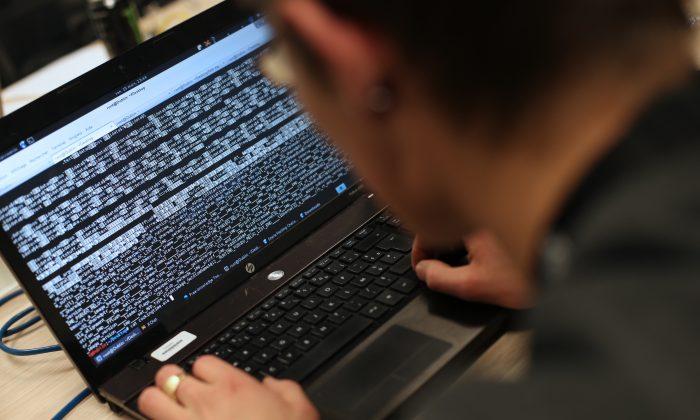A bipartisan group of House lawmakers introduced a bill on Wednesday that would launch a $500 million grant program to help state and local governments bolster security in their computer networks.
The proposal comes as the nation is grappling with a series of cybersecurity attacks that had crippled infrastructure in state and local agencies, schools, and private corporations across the country. This includes ransomware attacks that had forced a school district in Massachusetts to cancel its first day of in-person classes and a separate attack against the Colonial Pipeline, which halted fuel operations resulting in gas shortages across several states.




